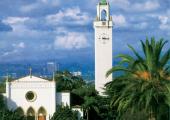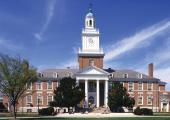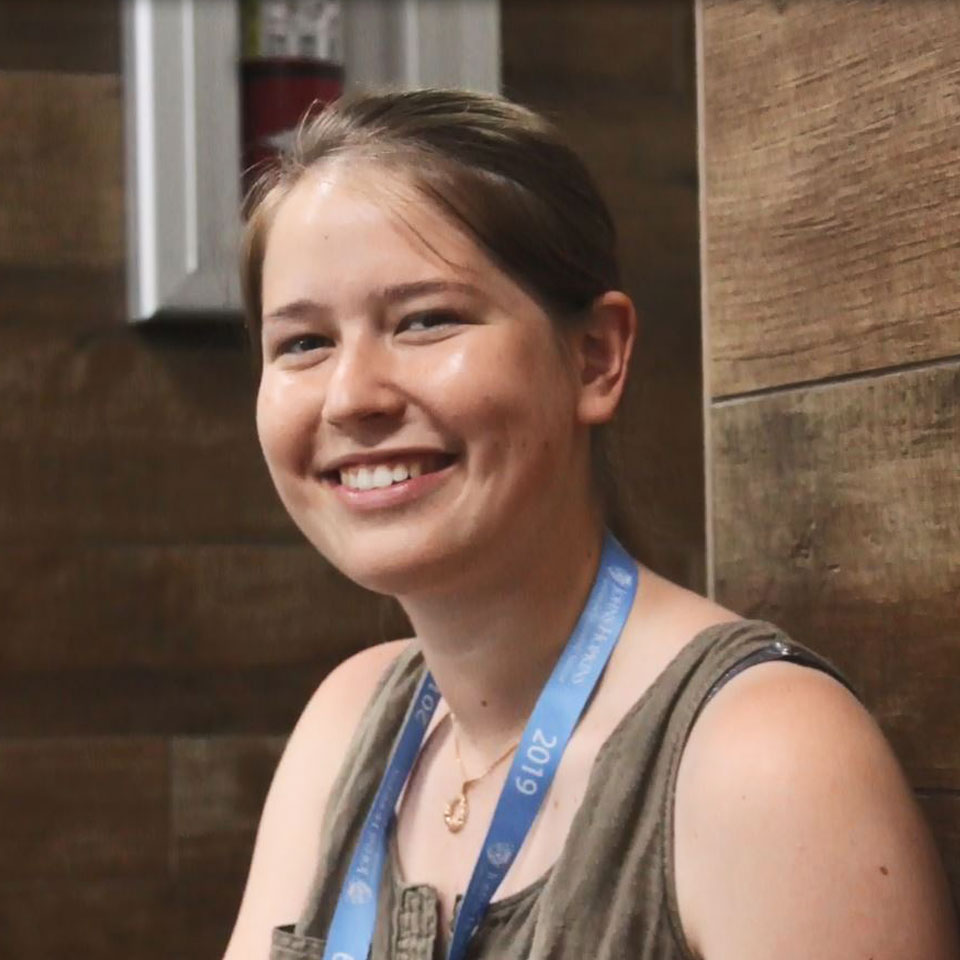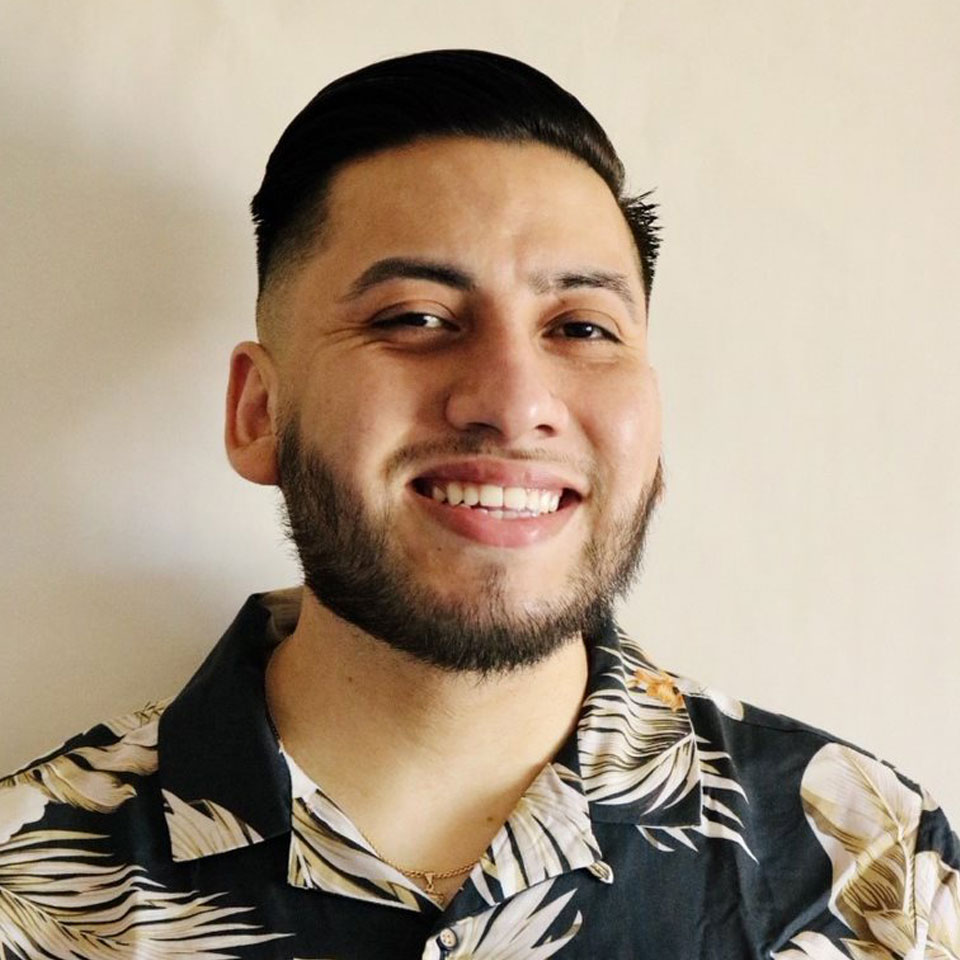Breadcrumbs
Cryptology
- Grades 7-11
- Advanced CTY-Level
-
Residential
- Mathematics
Cryptology is the study of the codes and ciphers used to create secret writing. This math course explores many early techniques in cryptology, such as cipher wheels, the Caesar shift, polyalphabetic substitution, and the Vigenère cipher, as well as modern techniques like RSA public key cryptography. You and your classmates will learn how data transmitted by computers can be secured with digital encryption, and how the vulnerabilities of each encryption system enable hackers to attack and decrypt messages using techniques such as frequency analysis and cribbing. You’ll apply concepts while encrypting and decrypting your own secret messages. Though the course’s central focus is on the mathematics of cryptology, you’ll also learn the historical context of cryptography and cryptographic devices like the Enigma Machine—one of the most important cryptographic devices in history—so you develop a deep understanding of this branch of mathematics and its applications in the world.
Typical Class Size: 16-18
This course is
ungraded.
Summer Dates & Locations
Session One


Session Two

Testing and Prerequisites
| Math | Verbal | |
|---|---|---|
| Required Level | Advanced CTY-Level | Not required |
Students must achieve qualifying scores on an advanced assessment to be eligible for CTY programs. If you don’t have qualifying scores, you have several different testing options. We’ll help you find the right option for your situation.
Sign up for Testing Learn MoreCost and Financial Aid
Tuition
- Varies
Application fee
- Nonrefundable Application Fee - $55 (Waived for financial aid applicants)
- Nonrefundable International Fee - $250 (outside US only)
We have concluded our financial aid application review process for 2025 On-Campus Programs. We encourage those who may need assistance in the future to apply for aid as early as possible. We are committed to serving all talented youth regardless of financial circumstances. Financial assistance is available based on need.
Course Materials
Students should bring basic school supplies like pens, notebooks, and folders to their summer program. You will be notified of any additional items needed before the course begins. All other materials will be provided by CTY.
Sample Reading
These titles have been featured in past sessions of the course, and may be included this summer. CTY provides students with all texts; no purchase is required.
- The Code Book, Simon Singh
About Mathematics at CTY
Explore the study of shapes
Many of our courses allow students to describe the world around them in basic and profound ways. Younger students build foundational skills by exploring shape, scale, and proportion in Geometry and Spatial Sense. Middle School students delve into real-world applications of lines and analyze data with curves that follow uniform, symmetric, bell-shaped, or skewed patterns in Data and Chance. Advanced students unveil the deep interplay between numbers and shapes, investigating how triangular, square, and polygonal numbers create patterns that bridge geometry and algebra in Number Theory. By examining these elegant number patterns and symmetries, students discover how mathematics captures the intricate beauty and underlying structure of the natural world.
Dive deep into logic and reasoning
Our courses in formal logic give you the tools to question the world around you. Inductive and Deductive Reasoning introduces younger students to different types of reasoning, as well as the strengths and weaknesses inherent in various forms of critical analysis. Older students explore how logical reasoning can explain (or fail to explain) counter-intuitive results in Paradoxes and Infinities, or take a more rigorous approach to formal logic in Mathematical Logic.




